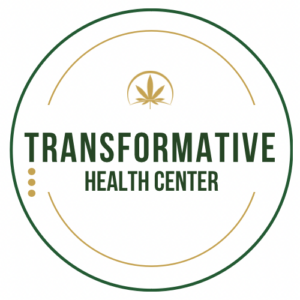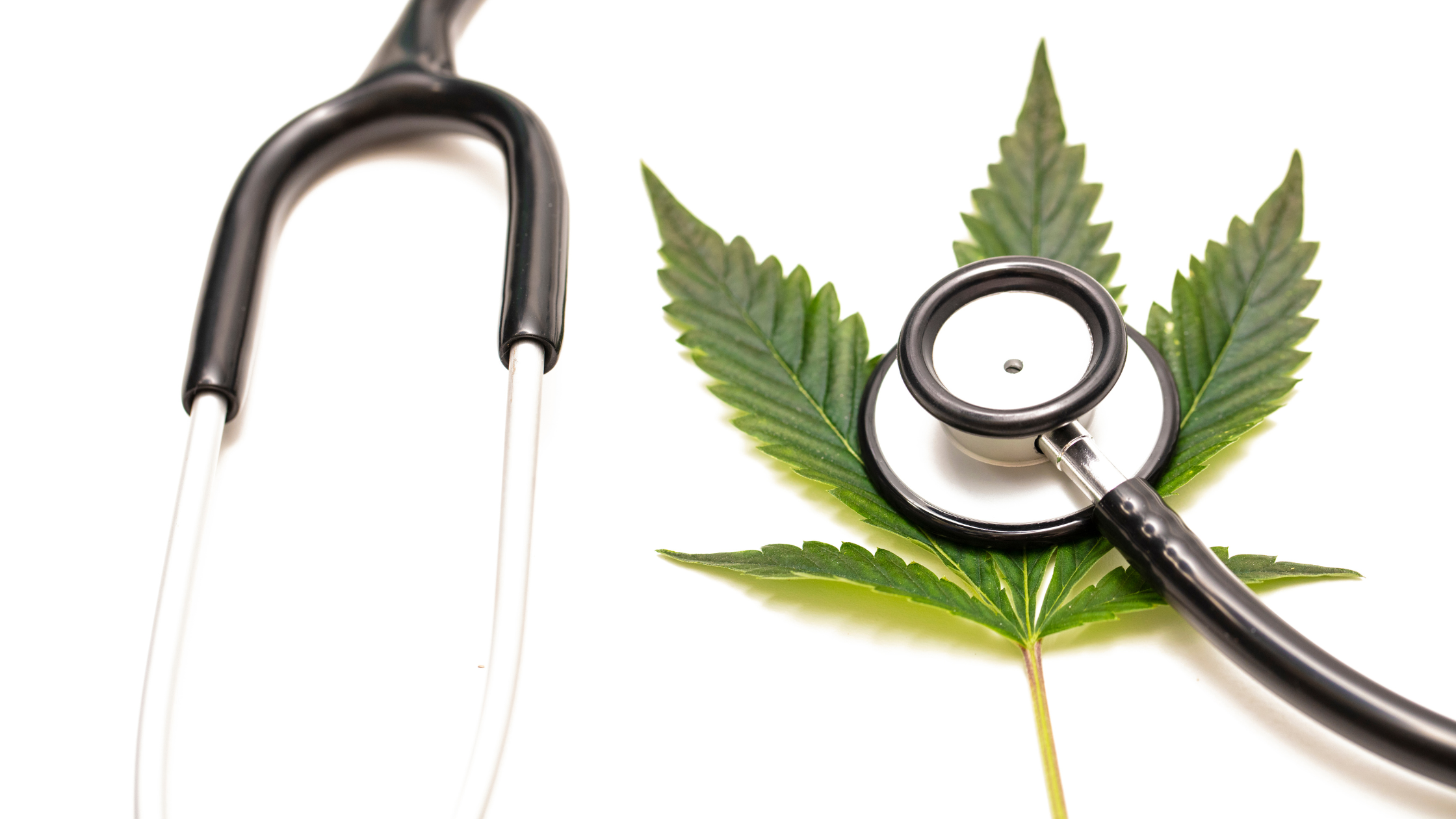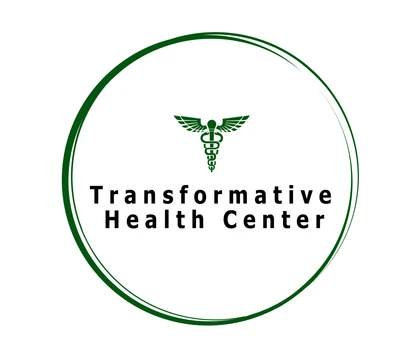Is Medical Marijuana as Effective as Medication?
Even though the use of marijuana as a medication is still a strong debate, many people are beginning to see its potential benefits. Some studies have been done that show that medical marijuana can be effective in treating certain conditions. These include chronic pain, nausea and vomiting, and muscle spasms.
With up to 85% of people supporting the legalization of medical marijuana, It’s no doubt that its use will continue to grow in popularity. But what is the effectiveness of medical marijuana compared to medication?
When Is Medical Marijuana Used
One of the main arguments for medical marijuana is that it is a natural remedy and therefore may have fewer side effects than traditional medication. Another argument is that it can be used to support a wide variety of conditions, not just those that respond well to traditional medication.
Medical marijuana is mainly used to support pain. The medication has been used to support most chronic pain that especially comes as a result of aging. However, medics still believe that marijuana is not strong enough to control severe pain such as post-surgery pain or broken bone. The main active compound in marijuana, THC, does have analgesic (painkilling) properties. But it is not as potent as other painkillers such as morphine.
Some people also use medical marijuana to control nausea and vomiting. This is often the case for people undergoing chemotherapy for cancer. Marijuana can also be used to increase appetite. This is useful for people who have conditions that cause them to lose their appetites, such as HIV/AIDS or cancer.
There is also some evidence that marijuana can help reduce inflammation. This means it could be useful in treating conditions like Crohn’s disease and rheumatoid arthritis.
Marijuana also helps ease nerve pain and multiple sclerosis without causing high sedation, as other medications do. Many people say that they’re able to go back to their duties and responsibilities after using medical marijuana, which is not the case with highly sedative medications such as Neurontin, Lyrica, or opiates.
The Effectiveness of Medical Marijuana & How It Works
The active ingredient in marijuana is THC (tetrahydrocannabinol). This is the chemical that gives users the “high.” THC works by binding to cannabinoid receptors in the brain. These receptors are part of the endocannabinoid system, which is responsible for regulating mood, memory, sleep, and appetite.
When THC binds to these receptors, it causes changes in the brain that lead to the desired effects. For example, THC can increase feelings of relaxation and pleasure. It can also decrease anxiety and pain.
Not all marijuana strains have the same effects. Some strains are higher in THC, while others are higher in another cannabinoid called CBD (cannabidiol). CBD is thought to have anti-inflammatory, anti-anxiety, and seizure-reducing effects, but it does not cause the same “high” as THC.
In general, Indica strains are more relaxing while Sativa strains are more energizing. However, there is a lot of variation within each type. Different strains can have different effects on different people. It is also important to note that the effects of marijuana can vary depending on how it is used. For example, smoking marijuana will cause different effects than eating it in the form of edibles.
Is Medical Marijuana Available as a Prescription?
The US Food and Drug Administration (FDA) has not approved marijuana as a medicine. However, many states have legalized medical marijuana. In these states, people with certain medical conditions can get a prescription for marijuana from a licensed doctor.
The FDA has also approved certain drugs that contain components of marijuana. These drugs are used to treat specific conditions, such as:
- Epidiolex, a drug that contains cannabidiol (CBD), is used to treat seizure disorders, including Dravet syndrome and Lennox-Gastaut syndrome.
- Marinol and Syndros, drugs that contain dronabinol (a synthetic form of THC), are used to treat nausea and vomiting caused by cancer chemotherapy.
Bottom Line
Medical marijuana is a controversial but promising treatment for a variety of medical conditions. While there is still much to learn about its efficacy, many people swear by it to relieve their symptoms. If you’re thinking about trying medical marijuana, talk to your doctor first to see if it’s right for you.
 Skip to content
Skip to content


